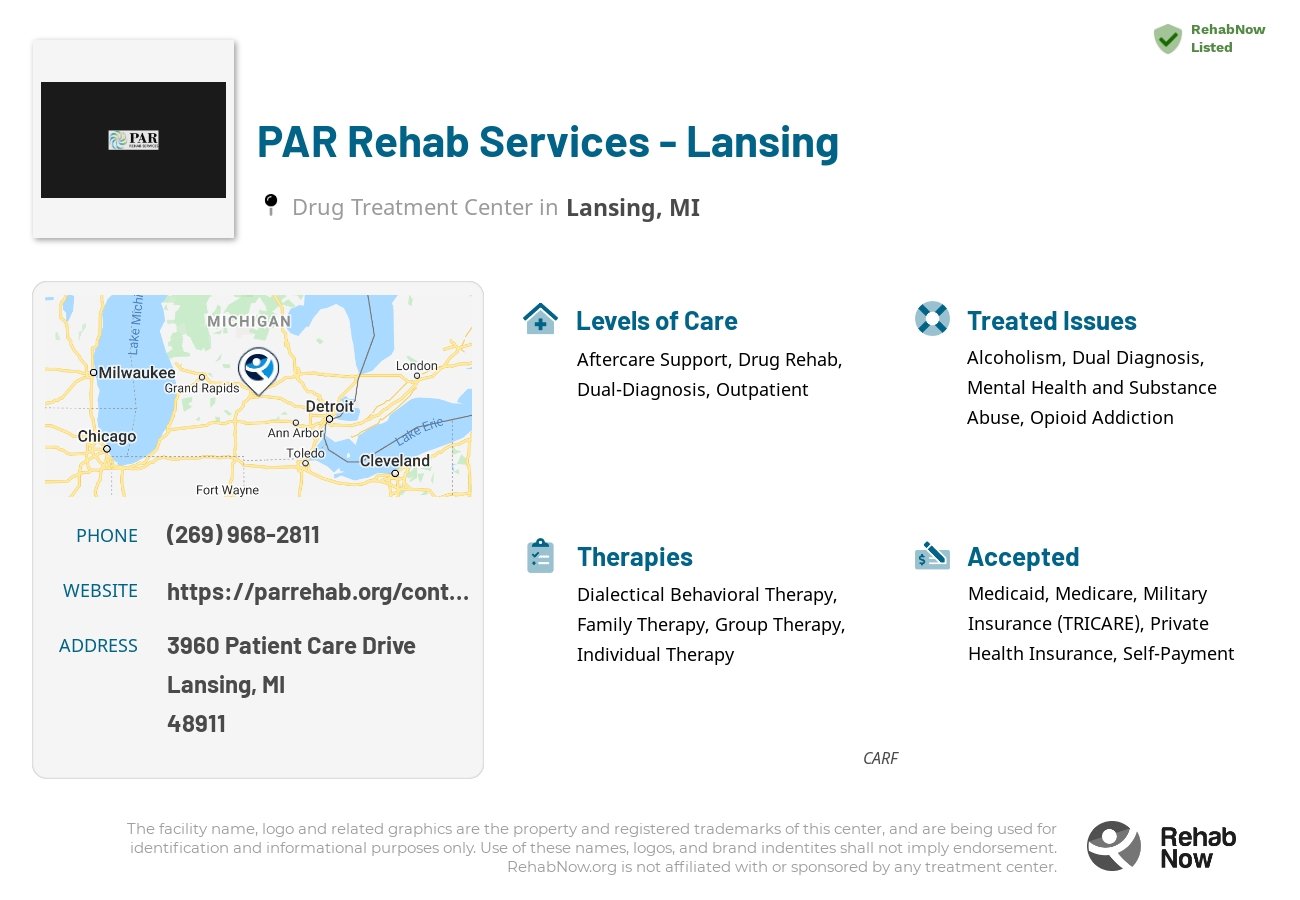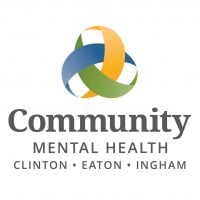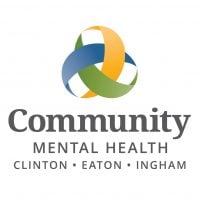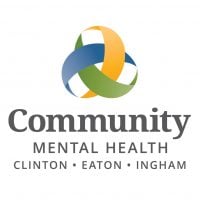
PAR Rehab Services - Lansing
Drug Rehab Center in Lansing, Michigan
- Substance Abuse
- Opioid Addiction
- Mental Health
- Dual Diagnosis
- Drug Addiction
- Alcoholism
PAR Rehab Services - Lansing is an Addiction Treatment Facility providing comprehensive and individualized care such as alcohol abuse, opioid addiction, dual diagnosis, drug addiction, and substance abuse treatment plans since 1991 with CARF accreditation and private health insurance accepted.
About This Michigan Facility
PAR Rehab Services - Lansing is an Addiction Treatment Facility located in Lansing, Michigan. Established in 1991, this facility specializes in providing treatment for individuals struggling with alcoholism, opioid addiction, dual diagnosis, drug addiction, substance abuse, and mental health disorders. PAR Rehab Services - Lansing is accredited by CARF, which ensures that the facility meets high-quality standards in providing effective and evidence-based addiction treatment. They accept private health insurance, making their services accessible to a wider range of individuals seeking help.
PAR Rehab Services - Lansing offers a range of comprehensive services for addiction and substance abuse. Their treatment programs include drug rehab, dual-diagnosis treatment, outpatient levels of care, and aftercare support. Whether an individual requires intensive inpatient treatment or prefers outpatient care, PAR Rehab Services - Lansing provides personalized treatment plans to meet each person's unique needs. Their experienced and dedicated staff offer therapeutic interventions, counseling, and support to help individuals overcome addiction and maintain long-term recovery. PAR Rehab Services - Lansing is committed to providing compassionate and effective treatment for those struggling with substance abuse, empowering them towards a healthier and brighter future.
Genders
Ages
Modality
Additional
Accreditations

CARF
The Commission on Accreditation of Rehabilitation Facilities (CARF) is a non-profit organization that specifically accredits rehab organizations. Founded in 1966, CARF's, mission is to help service providers like rehab facilities maintain high standards of care.
Conditions and Issues Treated
Substance abuse is defined by the continued use of drugs or alcohol despite negative consequences, such as legal or work problems. It can be treated using a variety of services, including therapy and medication.
Substance abuse treatment is beneficial for:
- People who have been using drugs or alcohol for a long time.
- People who have been using drugs or alcohol to cope with stress, anxiety, or depression.
- People who have a mental health disorder in conjunction with substance abuse.
- People who continue to use drugs or alcohol despite the harmful effects they cause on their own life and the lives of others.
- People who have had multiple failed attempts at recovery without medical assistance.
If you believe that addiction treatment is right for you or a loved one, you can contact your primary care physician, or search for addiction treatment centers in your area. Treatment is beneficial to people who are motivated towards recovery, and who understand the benefits of professional care.
Opioid addiction is the result of repeated use, or abuse, of opioid drugs. It is recommended for people who are dependent on opioids, or who have a high risk for dangerous health concerns, to seek professional treatment. Treatment plans usually include behavioral therapy and medication-assisted treatment.
Opioid drugs include: fentanyl, heroin, methadone, oxycodone, and oxymorphone.
Opioid addiction treatment is beneficial for:
- People who have a history of severe withdrawal.
- People with a high risk for dangerous health concerns.
- People having difficulty overcoming opioid addiction on their own.
There are different kinds of Dual Diagnosis:. A person who simultaneously experiences both a mental illness and an addiction disorder. Or, a person who experiences one or more coexisting (simultaneous) mental health conditions in addition to a primary substance use disorder.
The treatment requires a multi-disciplinary approach, it’s crucial for individuals to partner up with a healthcare provider who understands all the recovery components.
Levels of Care Offered at PAR Rehab Services - Lansing
This center offers a variety of custom treatment tailored to individual recovery. Currently available are Aftercare Support, Drug Rehab, Dual-Diagnosis, Outpatient, with additional therapies available as listed below.
The outpatient programs in Lansing, MI are for those addicted drugs or alcohol. The goal of the outpatient rehabilitation program is to make them stop abusing drugs or alcohol, reduce drug use or addictive behaviors, and become entirely sober. It is generally required to attend the outpatient program for 10-12 hours every week.
Patients can be administered on-the-spot medication to ease withdrawal symptoms such as anxiety, increased heart rate, and even depression. Groups such as Alcoholics Anonymous (AA) and Narcotics Anonymous (NA) can be used as a part of outpatient treatment to help maintain sobriety.
Aftercare support is a service many addicts need to ensure their success at recovery. This service usually includes one-on-one or group therapies, assistance from a sponsor and other types of help designed to make sure the patient continues living a life free from drugs.
Patients also may require medication to help them battle addiction. Some people have been able to successfully recover without additional medications, but others have found that they need help during their transition. Long-term, the patient must take the initiative to attend meetings and receive help from other addicts in recovery.
Therapies & Programs
People in addiction recovery can benefit from individual therapy. This type of therapy involves meeting with a therapist one-on-one. This allows for a personal and trusting relationship to be built so that the patient can be truly themselves and express any emotions they feel. Individual therapy leads to greater understanding and peace about your triggers for addiction and coping strategies to prevent relapse.
Family therapy is a type of group problem-solving that aims to improve communication and relationships between the patient, their family, and sometimes friends. The main goal of family therapy for drug addiction is to create an environment where communication can occur without judgment, hostility, or blame. The therapist is with the family as they learn to communicate with each other differently, especially with the addict when s/he is using.
Group therapy sessions are held in rehab facilities, clinics, churches or community centers that offer drug addiction treatment. People who attend these groups are encouraged to voice their feelings and support other addicts in recovery. This helps group members strengthen their own recovery program while cheering on others who are struggling with sobriety.
Group therapy sessions provide recovering addicts with a chance to cope with everyday situations that many face. Group therapy sessions are held in rehab facilities, clinics, churches or community centers that offer drug addiction treatment.
People who attend these groups are encouraged to voice their feelings and support other addicts in recovery. This helps group members strengthen their own recovery program while cheering on others who are struggling with sobriety.
Dialectical Behavior Therapy (DBT) is a form of cognitive-behavioral therapy that helps people understand how they connect their thoughts, behaviors, and feelings. It can give them more control over their actions, effectively stopping self-harm ideations and attempts in some patients. It also helps put those with borderline personality disorder into control for managing mental struggles.
A new study has shown that DBT works for those with self-harm behaviors and addictions by giving them therapy they can relate to and understand.
Cognitive Behavioral Therapy (CBT) helps addicts identify faulty, negative thinking so that they can work together with the therapist to find healthier ways of thinking. CBT focuses on specific aspects of each person’s thinking, feeling, physiology, and behavior. It aims to identify specific problems in these areas, and create a personalized treatment strategy.
Payment Options Accepted
For specific insurance or payment methods please contact us.
Is your insurance accepted?
Ask an expert, call (888) 674-0062
PAR Rehab Services Associated Centers
Discover treatment facilities under the same provider.
Learn More About PAR Rehab Services Centers
Additional Details
Specifics, location, and helpful extra information.
Lansing, Michigan 48911 Phone Number(269) 968-2811 Meta DetailsUpdated November 25, 2023
Staff Verified
Patient Reviews
There are no reviews yet. Be the first one to write one.
Lansing, Michigan Addiction Information
Michigan has the second-highest rate of drug and alcohol abuse in the nation. Heroin is linked to more than 50% of the state's hepatitis C cases. Marijuana is the drug most often associated with crimes in Michigan, followed by methamphetamines. Opioids alone are responsible for almost 20% of all drug overdose deaths in Michigan.
In Lansing, the most common types of drugs that people abuse include heroin, meth, and cocaine. In 2013, over 300 people died from a heroin overdose in Lansing. 1 out of every 25 adults in Lansing has an alcohol addiction. 4.8% of Michigan's population abuses illicit substances. In Lansing, MI inpatient rehab centers can provide users with the medical care and resources they need in order to get sober.
Treatment in Nearby Cities
- Coldwater, MI (57.1 mi.)
- Romulus, MI (64.6 mi.)
- Ontonagon, MI (373.9 mi.)
- West Branch, MI (111.3 mi.)
- Three Oaks, MI (123.9 mi.)
Centers near PAR Rehab Services - Lansing

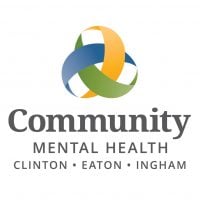
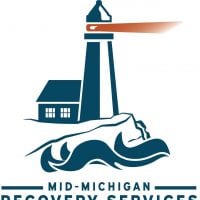
The facility name, logo and brand are the property and registered trademarks of PAR Rehab Services - Lansing, and are being used for identification and informational purposes only. Use of these names, logos and brands shall not imply endorsement. RehabNow.org is not affiliated with or sponsored by PAR Rehab Services - Lansing.


